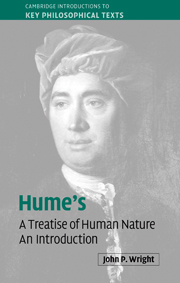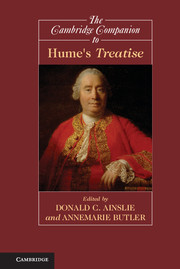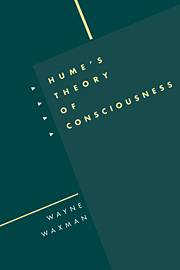Hume's 'A Treatise of Human Nature'
David Hume's A Treatise of Human Nature (1739–40) presents the most important account of skepticism in the history of modern philosophy. In this lucid and thorough introduction to the work, John P. Wright examines the development of Hume's ideas in the Treatise, their relation to eighteenth-century theories of the imagination and passions, and the reception they received when Hume published the Treatise. He explains Hume's arguments concerning the inability of reason to establish the basic beliefs which underlie science and morals, as well as his arguments showing why we are nevertheless psychologically compelled to accept such beliefs. The book will be a valuable guide for those seeking to understand the nature of modern skepticism and its connection with the founding of the human sciences during the Enlightenment.
- Discusses Hume's philosophy in relation to predecessors, so it provides the reader with a context within which to appreciate the subject
- Uses relevant modern examples to make otherwise abstract philosophical ideas more accessible to the reader
- Introduction discusses Hume's intellectual development and offers the introductory reader a clear sense of the nature of the intellect's life
Reviews & endorsements
'… a book that undergraduates will understand, learn much from, and enjoy reading, and it will be extremely helpful for existing undergraduate courses on the Treatise. The book is such that I hope it will be able not just to fit into current courses on Hume's Treatise, but also help to shape future ones for the better … this is the best introduction to Hume's Treatise available.' P. J. E. Kail, British Journal for the History of Philosophy
Product details
November 2009Hardback
9780521833769
336 pages
225 × 145 × 23 mm
0.56kg
Available
Table of Contents
- Preface
- 1. The author and the book
- 2. First principles
- 3. Causation
- 4. Skepticism
- 5. Determinism
- 6. Passions, sympathy, and others' minds
- 7. Motivation: reason and the calm passions
- 8. Moral sense, reason, and moral skepticism
- 9. The foundations of morals
- Bibliography and further reading
- Index.





